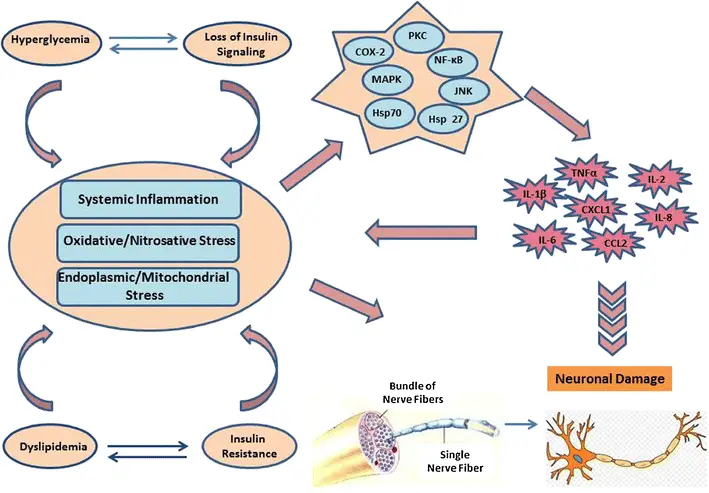Targeting Inflammatory Gene Programs in Infection and Diabetes-Associated Vascular Disease
The regulation of inflammatory gene expression represents a critical intersection between infectious diseases and diabetes-associated vascular pathology. Infections often trigger immune-mediated pathways such as NF-κB, JAK/STAT, and Toll-like receptor signaling that amplify pro-inflammatory cytokine and chemokine production. In individuals with diabetes, chronic hyperglycemia and oxidative stress further dysregulate these pathways, promoting endothelial dysfunction, vascular remodeling, and heightened susceptibility to infection-driven inflammation. Recent advances in transcriptomics and epigenetic profiling have revealed overlapping gene programs that orchestrate immune activation in both acute infection and diabetic vasculopathy, highlighting shared molecular drivers such as IL-6, TNF-α, and adhesion molecules. By targeting these transcriptional and post-transcriptional regulators, therapeutic strategies can be designed to mitigate excessive inflammation, reduce vascular damage, and restore immune balance. This precision approach not only improves infection outcomes in diabetic patients but also offers broader potential for integrated management of inflammatory diseases.
